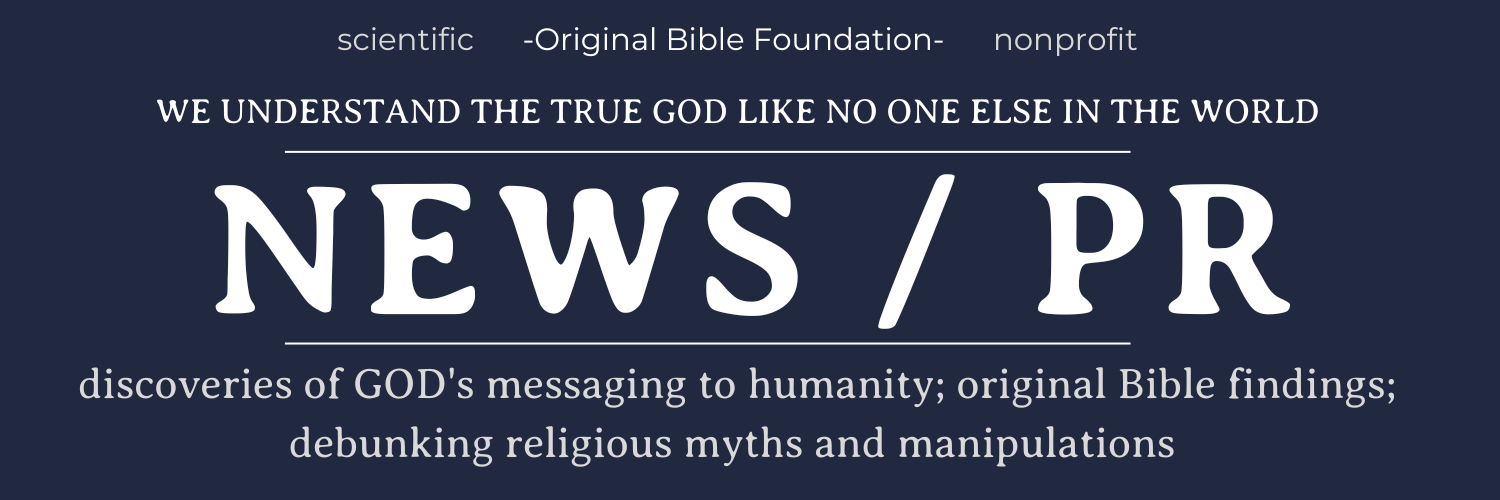Don Juravin, a leading expert in the original Bible Code, has published a groundbreaking academic article, titled “Misconceptions and Mistranslations of Hell, Lucifer, Devil, and Evil in the Hebrew Bible,” shedding light on the often-misunderstood concepts of hell, Lucifer, devil, and evil in the Hebrew Bible. Through a meticulous examination of the original Hebrew text, Juravin demonstrates that the popular conflation of these terms is largely due to subsequent translations and interpretations, which have distorted their original meanings.
Juravin’s article delves into the historical and linguistic contexts of these misunderstood terms, revealing that their original meanings in the Hebrew Bible are distinct and multifaceted. The author explains that the Hebrew concept of hell, for instance, is not a place of eternal torment, but rather a dark, neutral realm called Sheol (שְׁאוֹל), where the souls of the dead reside. This revelation challenges the popular perception of hell as a place of punishment, which has been influenced by later Greek and Christian thought.
In his analysis, Juravin also dismantles the misconception that Lucifer is synonymous with Satan or the devil. He explains that the term Lucifer (הֵילֵל) in the Hebrew Bible refers to the Babylonian king who was compared to the planet Venus, the morning star, and does not represent a supernatural being or fallen angel. This misinterpretation, he argues, is the result of later Christian interpretation and has no basis in the original Hebrew text.
Furthermore, Juravin clarifies that the Hebrew word Satan (שָׂטָן) means “adversary” or “opponent” and is not a personification of evil. Instead, it is a general term for an adversary, applied to both human and supernatural entities. The notion of Satan as the archenemy of God and the embodiment of evil is a later development in Jewish and Christian thought, which is not present in the original Hebrew Bible.
By examining the Hebrew text and providing historical and linguistic context, Juravin’s work contributes to a more accurate understanding of the Hebrew Bible and challenges widely-held misconceptions. This article has the potential to spark new conversations and debates among scholars, theologians, and the general public alike, encouraging a reevaluation of long-standing beliefs and interpretations.
About Don Juravin
Don Juravin is a world-renowned expert in the original Bible Code, with a deep understanding of the Hebrew Bible and its historical, linguistic, and cultural contexts. His research aims to provide a clearer understanding of the original text, challenging common misconceptions and mistranslations. Juravin’s work has been recognized for its scholarly rigor and groundbreaking insights, making a significant impact on biblical scholarship and the understanding of key religious concepts.

